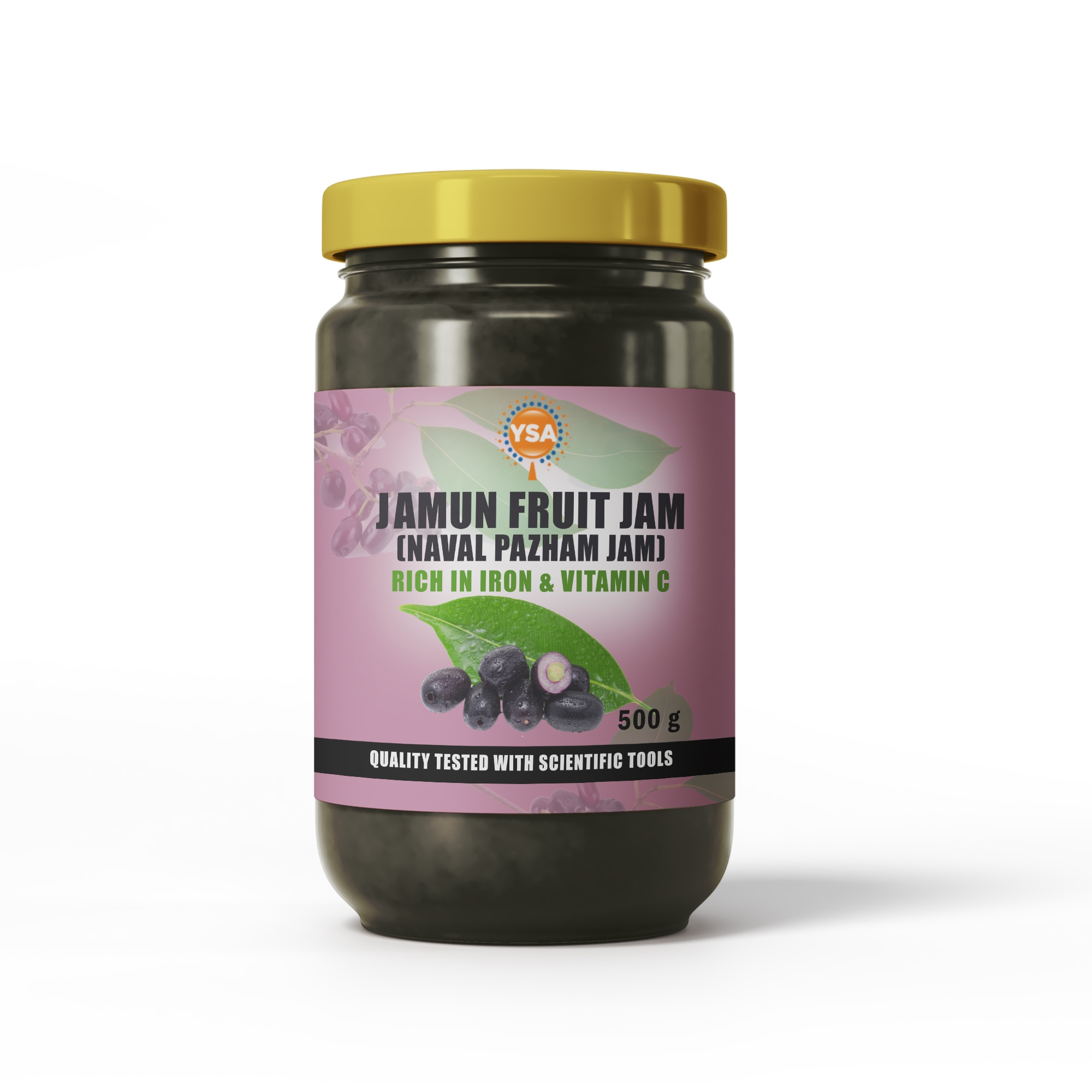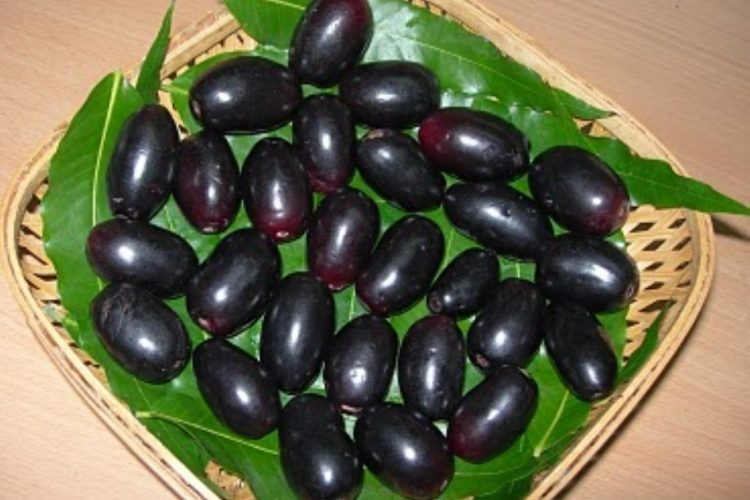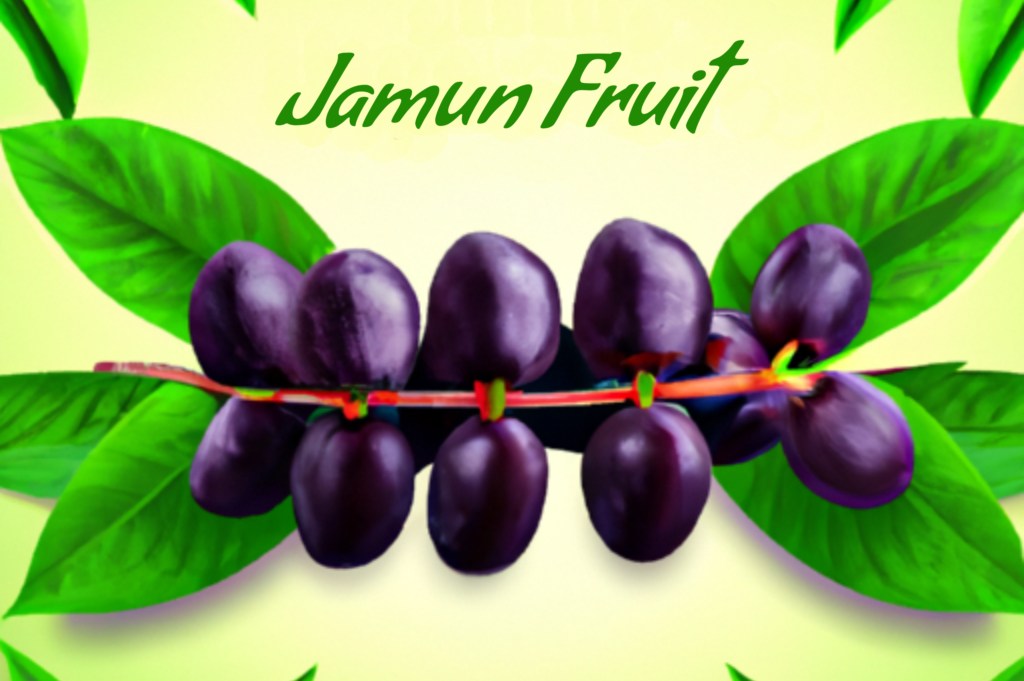If you’re a coffee lover, you’ve probably heard of the term “single origin coffee.” But what exactly does it mean? In simple terms, single origin coffee refers to coffee beans that come from one specific geographic location.
These beans are typically grown in a single region or even a single farm, allowing for a unique flavor profile that reflects the terroir of that particular area. This is in contrast to blends, which combine beans from multiple regions to achieve a specific taste.
Benefits of Single Origin Coffee
One of the main advantages of single origin coffee is the opportunity to experience the distinct flavors and aromas of a particular region. Since these beans are not blended, you can taste the unique characteristics that are specific to that area.
Furthermore, single origin coffee is often considered to be of higher quality than blends. This is because the beans are typically grown in smaller quantities, allowing for more attention to detail in the cultivation and processing of the coffee.
Another benefit of single origin coffee is the transparency it offers to consumers. By knowing the exact origin of the beans, coffee drinkers can have a better understanding of the ethical and environmental practices used in the production of their coffee.
Additionally, single origin coffee can provide economic benefits to farmers in developing countries. By showcasing the unique flavors of their region, farmers can command higher prices for their product, leading to increased profits and improved livelihoods.
In conclusion, single origin coffee offers a unique and flavorful experience that can’t be replicated by blends. From the distinct taste profiles to the ethical considerations, there are many reasons to give single origin coffee a try and support the farmers behind this exceptional product.



